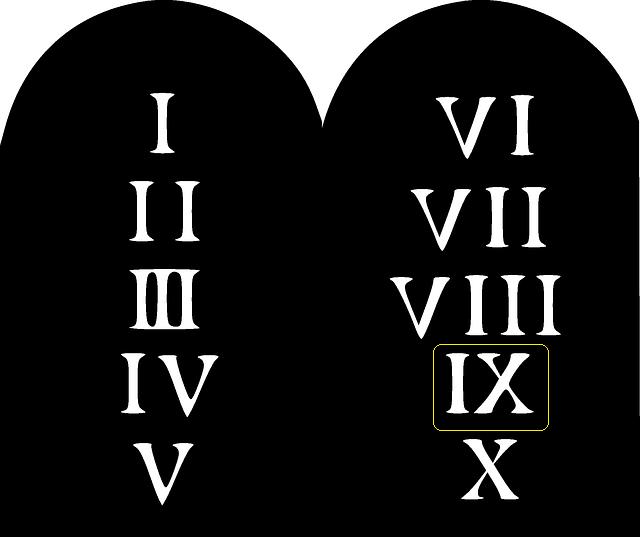Can an Ethiopian change his skin? *
My answer is:
“Never been to Oklahoma but do like Sir Paul McCartney.”
(Yep. That’s right. DUH! Totally changed the subject.)
The question was prompted because of some dialogue in a Denzel Washington movie. Had the script been written and instead of saying “Ethiopian”, if the character had hurled his insult by threatening to call Mr. Washington’s character a “Philistine”, the scene in that film would have made sense to me.
Most Bible students know the menacing Philistines were the enemies of the Israelites. There were constant struggles for control of the land of Canaan (an older name for Palestine). A study, just a quick study, of the people of Philistia might lead one to conclude that if they had not always been battling with the nation of Israel, they would have been at war with another group. They liked to fight!!
WHY? Because they could!!
The Philistines were skilled warriors; on land and at sea. In fact, they were once called Sea Peoples. Their navy consisted of fleets of the finest warships during that time, expertly manned by experienced soldier/seamen. As for their army? The infantry, i.e. trained foot soldiers, possessed superior weapons of iron and wielded them masterfully and mercilessly.
For hundreds of years, the Philistines waged continuous war against the Israelites. David, Israel’s second king succeeded where the nation’s first king, Saul, had failed. Around 1000 B.C., he finally subdued these fierce fighting men and once crushed, their power began to decline. Other nations coming in afterward, would reap the benefits of David’s military efforts. Somewhere around 800 to 700 B.C., the Assyrians attacked and conquered cities of Philistia. Then between 597 and 586 B.C., when the Jewish people (Israelites) were exiled to Babylonia (as was foretold to them by their prophets), the Philistines were taken away as slaves too.
Not much is known about the origins of this ancient people and none of their literature has survived; just fragments of pottery and coffins, some images on Egyptian reliefs, and what is written about them in Old Testament scriptures. Historians and archaeologists have very little to reconstruct their past. However, according to an article published in Science News, an ancient cemetery has been found that might yield some clues.
Bower, Bruce. "Ancient Cemetery Provides Peek into Philistines' Lives, Health." Science News. Society for Science & the Public, 22 Nov. 2016. Web. 22 Nov. 2016. (https://www.sciencenews.org/article/ancient-cemetery-provides-peek-philistines-lives-health).
Ancient cemetery provides peek into Philistines' lives, health
In our vernacular (American English), to call someone a “Philistine” is not a compliment. It is a term of contempt and means the person has uncultivated tastes or lacks culture (i.e. lacks refined behavior, good manners and/or social graces). That sounds very subjective. Perhaps the easiest way to explain the insult would be to take the question the Philistine giant, Goliath, asked a young shepherd boy, and superimpose it. Imagine that the person you’re staring down asks you this same question and you simply nod your head up and down as an affirmative response, because you don’t want to waste your breath.
“Am I a dog?” **
Image credit: Gebhard Fugel [Public domain], via Wikimedia Commons
* Jeremiah 13: 23
* * 1 Samuel 17: 43
D.C.'s Bible Museum to debut with $42M worth of cutting edge technology
Washington, D.C.'s newest religious museum is set to unveil next year with a location only three blocks from the U.S. Capitol. Recently, The Museum of the Bible released information on the $42 million high-tech experience visitors will experience.




























